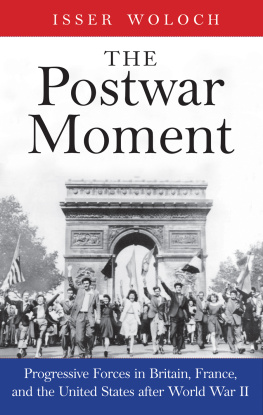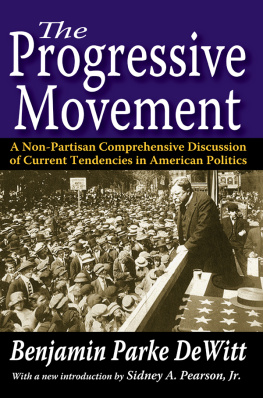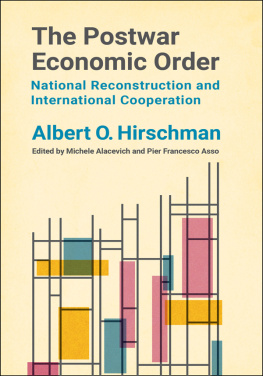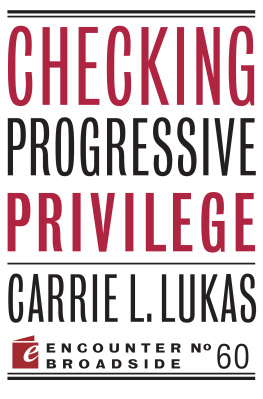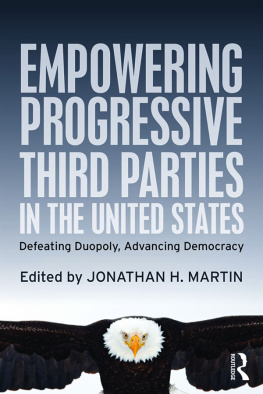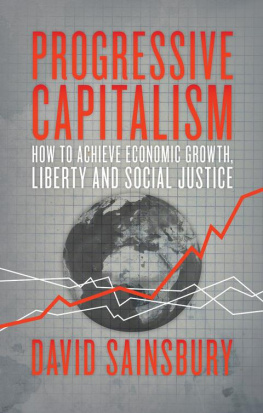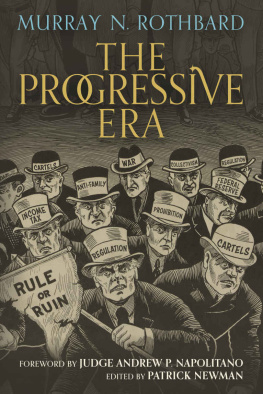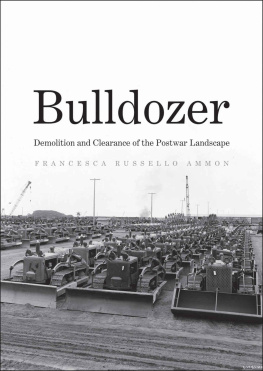THE POSTWAR MOMENT

Published with assistance from the foundation established in memory of Henry Weldon Barnes of the Class of 1882, Yale College.
Copyright 2019 by Yale University.
All rights reserved.
This book may not be reproduced, in whole or in part, including illustrations, in any form (beyond that copying permitted by Sections 107 and 108 of the U.S. Copyright Law and except by reviewers for the public press), without written permission from the publishers.
Yale University Press books may be purchased in quantity for educational, business, or promotional use. For information, please e-mail (U.K. office).
Set in Times Roman by IDS Infotech Ltd., Chandigarh, India.
Printed in the United States of America.
Library of Congress Control Number: 2018943983
ISBN 978-0-300-12435-4 (hardcover : alk. paper)
A catalogue record for this book is available from the British Library.
This paper meets the requirements of ANSI/NISO Z39.48-1992
(Permanence of Paper).
10 9 8 7 6 5 4 3 2 1
But can those have been possible seeing that they never were?
Or was that only possible which came to pass?
James Joyce, Ulysses
What we are looking for are characteristics held in common,
which will make whatever is original stand out by contrast.
Marc Bloch, French Rural History
CONTENTS
PROLOGUE
HERE ARE A YOUNG FRENCHMAN, AMERICAN , and Englishman, unknown to each other and destined for starkly different fates, who could stand in for millions as they fought Nazi barbarism. But the three are also set apart because, well before Germany surrendered, they belonged to small cohorts committed to progressive change in their respective nations after victory.
A Catholic youth activist before the war, Gilbert Dru brought his moral intensity into the anti-Nazi Resistance in Lyon as founder of a small group known as the Young Christian Combatants. Apart from his other Resistance activities, which earned him a place on the Gestapos wanted list, Dru articulated a social-Catholic vision for post-Liberation France. When he proclaimed it the right and duty of the Resistance to become the artisans of a total Renaissance for our fatherland after the war, Dru spoke for rsistants across the political spectrum. For his own part, he joined a circle of Catholic resistors reaching up to Georges Bidault, the second president of the clandestine National Council of the Resistance, an umbrella group formed in 1943 that linked various internal resistance movements to General de Gaulles Free French in London and Algiers.
Drus laboriously typed and hand-circulated manuscript of 1944, Project for a Revolutionary Action by the Youth of France, would have barred the door against any return to prewar normalcy. Dru refused to cede the future to the communists, whose current high standing in the Resistance he recognized as well-earned but whose exclusive sway would negate the integrity of the French soul. In his Project, Dru sketched the broad doctrinal bases for the grand assemblage he hoped would replace Frances prewar political parties, which he deemed morally bankrupt.
Young Drus language melded Christian humanism with social democracy. He championed a republic at once individualist and communitarian, based on individual dignity and social rights. For capitalism to act as a positive force in the future, the notorious trusts (that occult force that lay over political life) must be smashed and the corroding spirit of money as king banished. Liberty also entailed freedom from disgraceful slums and proletarian slavery and required a guaranteed social safety net. In this quest for equity, however, a due regard for personal dignity precluded overreliance on the state, with its potentially oppressive bureaucracies. In sum, Drus social-Catholic values demanded respect for the individual and the family, but equally for the community and the common interest. French liberty must be restored in tandem with greater equality.
Gilbert Dru did not live to see the flowering of the new political movement he anticipated. The Germans arrested him in July 1944, and later that month, in retaliation for the bombing of a restaurant frequented by German officers (which in fact killed no one), the Gestapo dragged Dru and four other Resistance prisoners into Lyons central square, the Place Bellecour. In a savage act of reprisal, they machine-gunned the five and ordered that the bodies be left lying for the entire day in the pools of their blood.
Dru never saw the handbills that his comrades of the Republican Movement for Liberation would shower on the capital on August 25, proclaiming that Paris Is Free and encapsulating his vision for the future, with the primacy of the family, respect for individual dignity, and an end to the all-consuming power of money as king. Four months later the social-Catholic wing of the Resistance convened the founding congress of a new political party in the progressive spirit of Drus project. Avoiding the Christian label while incorporating social-Catholic values, it called itself the Popular Republican Movement (MRP). Over the next three years the MRP would be Frances most influential non-Marxist political party and a faithful vessel for the Resistance ideals of postwar transformation and social justice.
While the war enmeshed, inspired, and devoured Gilbert Dru, American Charles Bolt went forth to find the war. A student leader in the class of 1941 at Dartmouth, an editor of the college newspaper, and an outspoken interventionist on campus, Bolt upon graduation acted on his convictions. While some like-minded Americans headed north to join the Canadian air force, Bolt and four fellow collegians crossed the Atlantic to enlist in the Kings Royal Rifles. Their motivations were not especially grandiose. Instinctive antiwar sentiment had finally given way to revulsion against the fascist threat. We fought for America in the English Army because we felt that if England fell America would be next.... We fought a holding action to save for America the last best hope.... We didnt expect to be disappointed because we didnt hope for much.
The British army trained and commissioned the five friends and in April 1942 sent them off to the Egyptian front. Of the five, two got death and three got limps. During the campaign around El Alemain shrapnel tore up one of Bolts legs. In the course of a painful year military doctors amputated his leg and fitted a prosthesis. By the summer of 1943 he was back in the United States, free of crutches but using a cane. Fighting off the depression that might engulf any amputee, Bolt settled into the comforts of home and a good job with the Office of War Information. But the question of what this global upheaval was supposed to mean for his country vexed him.
Americas first objective was simply victory over its enemies, which alone justified the deaths and maiming of its soldiers. But winning the war and reaping the fruits of victory were two different things. By winning the war, the victors would win the chance to determine the shape of the future. We could then decide how much or how little we wanted the deaths of the young men to mean. The fight for freedom would not be won when the shooting stopped; that was a battle each generation of Americans had to be prepared to fight again. As it now stood, the war was being fought solely to defeat the aggression of Germany and Japan, without much of a positive vision for the future. For Bolt, optimism won out over cynicism. Regardless of all signs to the contrary, he concluded that we had a wonderful chance to win something more [than] victory alone.
Next page
